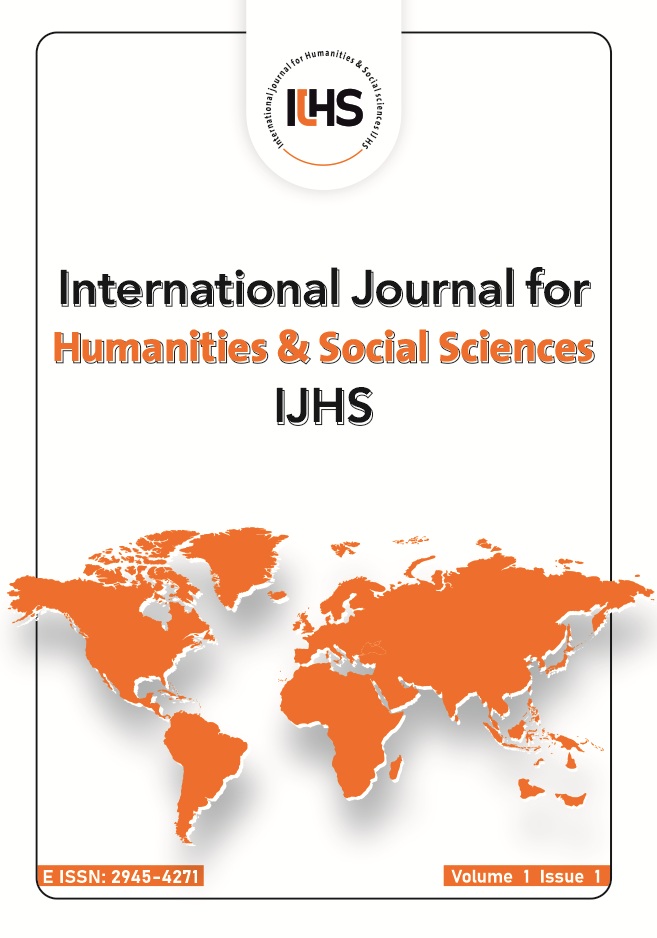Build Criteria to Evaluate the Quality of Technical Institutes Performance
Main Article Content
Abstract
Improving the performance of technical institutes is a global concern, and building the criteria produces indicators or measures that are able to support the facts, and facilitate their description, and help to guide the decision.
This paper came to build criteria by which digital indicators or measures can be found that reduce the margin of diligence in a manner that increases accuracy and fairness in the evaluation and what distinguishes these criteria as they remain effective in the case of changing the degrees of hubs or adding new hubs, and that the proposed evaluation model includes of nine main hubs, whose grades are divided on each hub according to its relative importance, as the total score is (100) degrees, and the paper also included the evaluation mechanism. Meanwhile, the paper results a set of conclusions and recommendations, the most important of which are:
- Raising the efficiency of the performance of technical institutes by creating a positive competition between the institutions and that the use of indicators makes the decision more correct and away or reduce the margin of diligence.
- Can benefits from the feedback for the purpose of the amendment in a way that is compatible with the latest changes by applying proposed model.
Article Details

This work is licensed under a Creative Commons Attribution 4.0 International License.
International Journal for Humanities and Social Sciences (IJHS) is licensed under the http://creativecommons.org/licenses/by/4.0, which allows users to copy, create extracts, abstracts, and new works from the article, alter and revise the article, and make commercial use of the article (including reuse and/or resale of the article by commercial entities), provided the user gives appropriate credit (with a link to the formal publication through the relevant DOI), provides a link to the license, indicates if changes were made, and the licensor is not represented as endorsing the use made of the work. The authors hold the copyright for their published work on the IJHS website, while IJHS is responsible for appreciate citation of their work, which is released under http://creativecommons.org/licenses/by/4.0, enabling the unrestricted use, distribution, and reproduction of an article in any medium, provided that the original work is properly cited.

